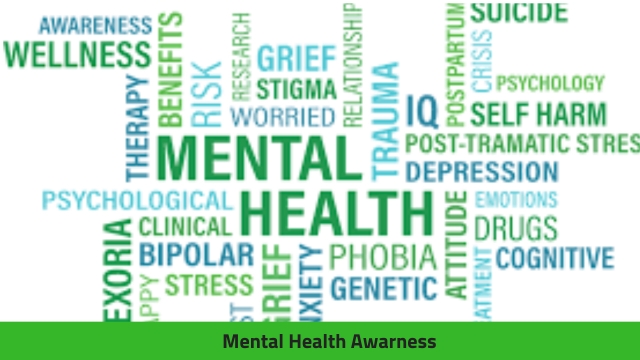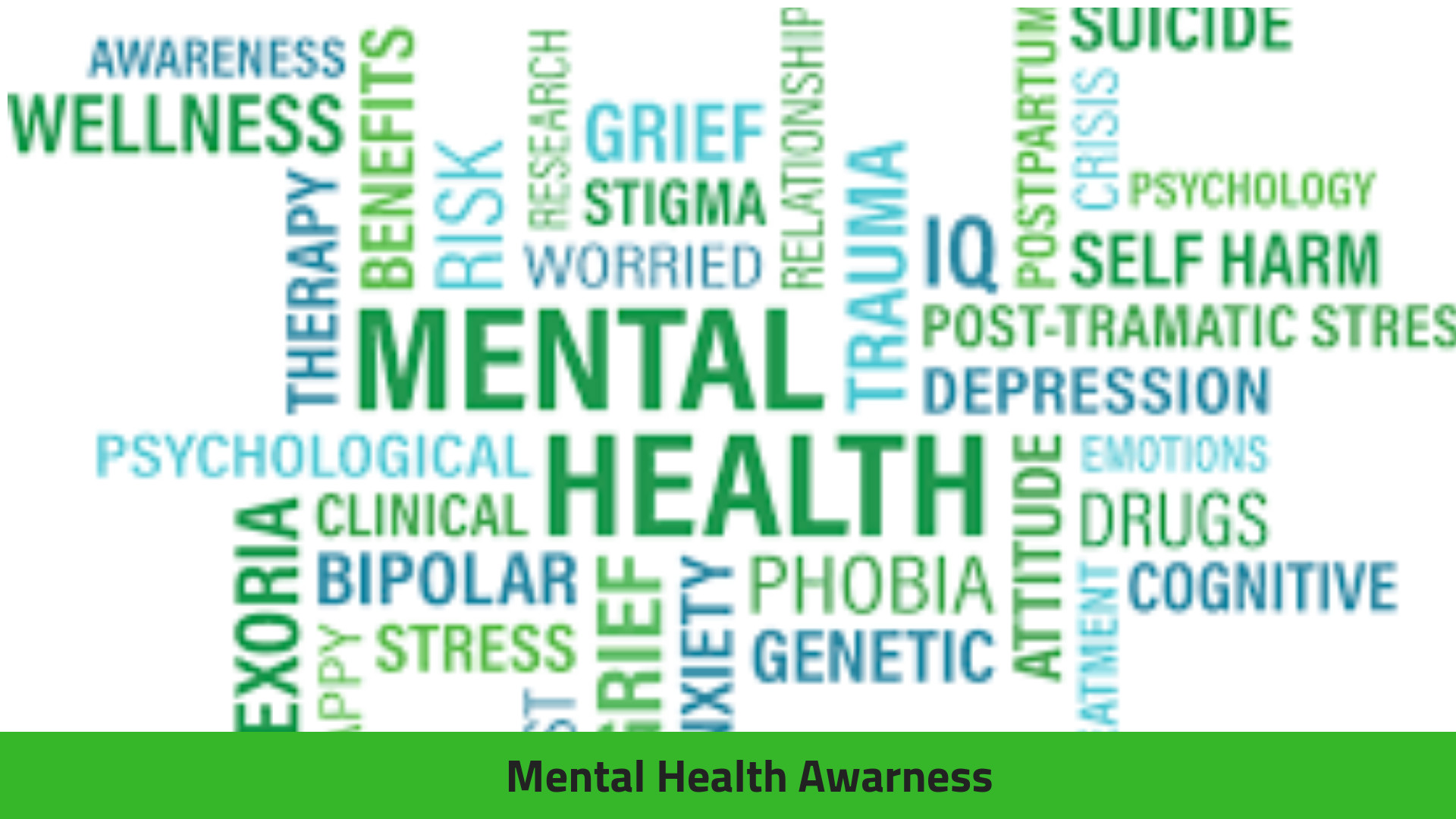
Unveiling the Fragile Mind: A Journey into Mental Health Care

Mental Health Care plays a crucial role in our society, yet it remains a subject shrouded in misunderstanding and stigma. The delicate nature of the mind and its intricate workings require approaches that go beyond the traditional medical model. In this article, we embark on a journey into the realm of mental health care, shedding light on the challenges faced by both patients and practitioners. By exploring the various aspects of this complex field, we hope to deepen our understanding and foster a more compassionate and inclusive approach to mental health care. Together, let’s unveil the fragility of the mind and pave the way towards improved well-being for all.
Understanding Mental Illness
Mental illness is a complex and multifaceted condition that affects millions of individuals worldwide. It encompasses a wide range of disorders and conditions that impact a person’s thinking, emotions, and behavior. Despite its prevalence and impact, mental illness remains an area of great mystery and misunderstanding for many.
One key aspect of understanding mental illness is recognizing that it is not a personal failing or weakness. It is a medical condition that results from a combination of genetic, biological, environmental, and psychological factors. Mental illnesses vary in their severity and can manifest in different ways, from mild to severe, affecting people of all ages, genders, and backgrounds.
Furthermore, mental illness is not something that can be easily detected or understood by simply looking at someone. Unlike physical illnesses, mental illnesses are often invisible, making it challenging for individuals experiencing them to receive appropriate support and understanding from others. Stigma and discrimination associated with mental illness further compound this issue and make it more difficult for those affected to seek help.
In the next sections, we will delve deeper into the various aspects of mental health care and explore the different approaches and interventions that can support individuals on their journey towards mental well-being. Through increased understanding and awareness, we can work towards creating communities that are empathetic, supportive, and inclusive, allowing individuals with mental illness to lead fulfilling lives.
Challenges in Mental Health Care
The field of Mental Health Care faces various challenges that hinder effective treatment and support for individuals with mental health conditions. These challenges often stem from a complex combination of societal, structural, and systemic factors.
- Stigma and Discrimination:
One significant challenge in Mental Health Care is the persisting stigma and discrimination associated with mental illness. Despite efforts to increase awareness and understanding, many individuals with mental health conditions continue to face social exclusion, stereotypes, and prejudice. This stigma can prevent those in need from seeking help and support, further exacerbating their mental health struggles.
- Accessibility and Affordability:
Another crucial challenge is the limited accessibility and affordability of mental health services. Many individuals, especially those from marginalized communities, encounter barriers such as geographical distance, lack of transportation, and financial constraints when trying to access mental health care. The inadequate availability of affordable mental health services often leaves individuals without proper diagnosis, treatment, or long-term care.
- Shortage of Mental Health Professionals:
A shortage of mental health professionals is also a significant challenge in the field. The demand for mental health services often exceeds the available resources, leading to long waiting times and limited access to specialized care. This shortage is particularly pronounced in rural and underserved areas, where individuals may struggle to find qualified professionals within a reasonable distance.
Addressing these challenges requires a multi-faceted approach involving increased public awareness, policy changes, and improved funding for mental health resources. By promoting inclusivity, reducing stigma, and enhancing accessibility, we can strive towards a society that provides holistic care and support to individuals with mental health conditions.
https://thcdabwoodsvape.co.uk/
Promoting Effective Treatment
In order to promote effective treatment for mental health care, it is crucial to prioritize accessibility, awareness, and collaboration.
First and foremost, accessibility plays a key role in ensuring that individuals in need of mental health care can readily access the support and resources they require. This involves breaking down barriers, such as reducing financial burdens and ensuring that mental health services are available in various locations. By improving access to treatment options, we can empower individuals to seek help when needed and increase the chances of positive outcomes.
Secondly, raising awareness about mental health care is essential for reducing stigma and misconceptions surrounding these issues. Education and advocacy campaigns can help dispel myths, provide accurate information, and encourage open dialogues about mental health. When individuals have a better understanding of mental health conditions and available treatments, they may feel more comfortable reaching out for help and supporting those in need.
Lastly, collaboration among different stakeholders within the mental health care system is paramount. This includes medical professionals, mental health practitioners, policymakers, and community organizations. By working together, these stakeholders can ensure that resources are effectively allocated, best practices are shared, and policies are put in place to support comprehensive and patient-centered mental health care.
Ultimately, promoting effective treatment for mental health care requires a multi-faceted approach that addresses accessibility, awareness, and collaboration. By adopting these strategies, we can create a more supportive and inclusive environment for individuals struggling with mental health issues, improving their overall well-being and quality of life.



